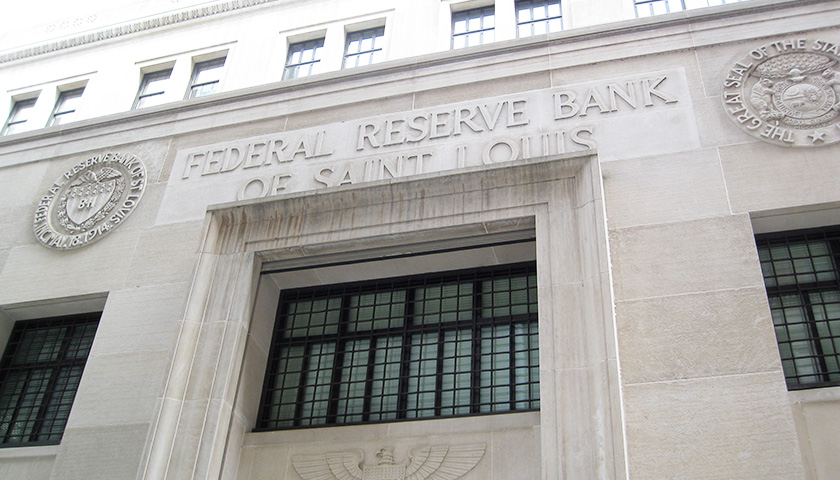The national unemployment rate dipped to 3.5 percent in July, according to the latest data from the Bureau of Labor Statistics, once again hitting more than 50-year lows.
It’s still peak employment as far as the eye can see. Even with the past two years’ high inflation dropping dramatically and disinflation usually correlating with higher unemployment and a recession, that simply has not occurred yet, despite all the warning signs typically associated with an economic slowdown or downturn.
Read More


